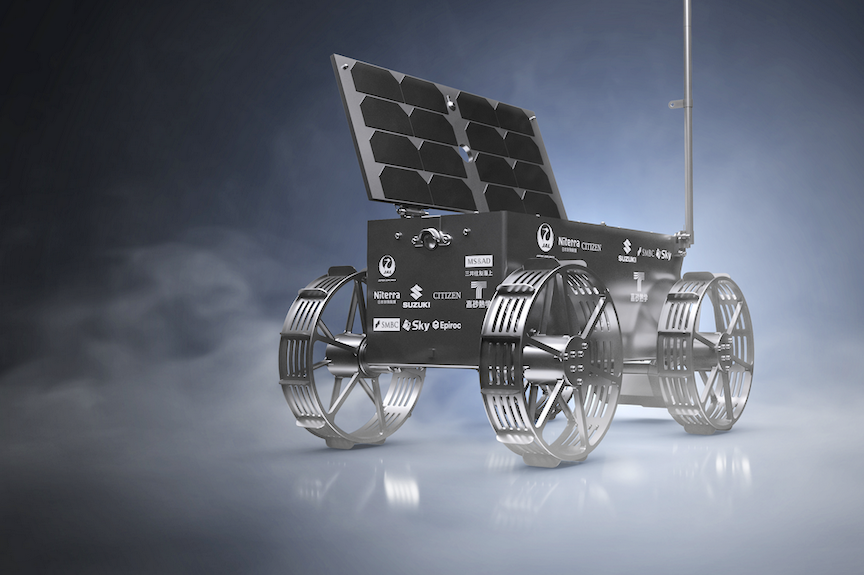
mu Space and Advanced Technology Co., Ltd. have signed two MoUs on payload services and strategic cooperation with ispace inc., a private, lunar, robotic exploration company based in Japan that was founded in 2010.

Payloads carried inside the rover require movement on the surface of the Moon. These include video and driving data acquisition, as well as resource harvesting systems.
This collaboration marks the first step towards future lunar missions between the two companies. According to the agreements, the two companies have entered negotiations for future payload services to lunar orbit and lunar surface and agreed to collaborate on the development the cislunar satellite market by working in coordination to provide transportation and deployment for lunar satellite payload customers while supplying the satellite components.
As part of the agreement, mu Space and ispace will conduct joint market development in Japan and Thailand to accelerate the number of lunar orbiting satellite missions including small satellite payloads and lunar lander payloads with the mass of up to 100 kg.
mu Space CEO and CTO, James Yenbamroong, said, “I am delighted to share the news of mu Space’s partnership with ispace. This marks our first lunar mission, demonstrating our vision and commitment to achieving a lunar presence by 2028. In collaboration with ispace capital, we are set to prove key technologies and build the foundation for future lunar endeavors. This partnership is also a testament to elevating space technology in Asia.”
“Using highly maneuverable lunar satellites for communications networks, scientific research and a host of other applications is essential to a long-term human presence on the Moon,” said Takeshi Hakamada, Founder and CEO of ispace. “I am pleased to announce the agreements with mu Space that will forge new markets in Southeast Asia and around the globe for lunar satellite missions as the building blocks of the cislunar economy. It is another step in realizing ispace’s vision of ‘Expand our planet. Expand our future.’”
